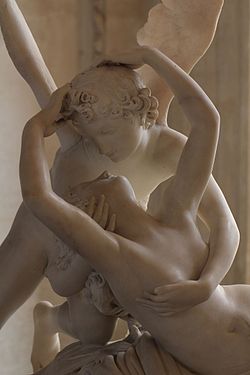* it’s technically May the 6th but know you’re still marathoning Mandolorian
1. Don’t stick cinnamon rolls to either side of your head. Let's face it, not everyone can have that luscious wig they threw on Carrie fisher. But if you come in wearing breakfast pastries over your ears not only will your bosses wonder about your sanity, your coworkers will be annoyed that you didn't bring them any. Plus, you'll attract ants.
2. Just because you're wearing a robe-like white dress without a bra, you are not automatically a princess. Stop trying to put medals on the big hairy guy in the next cubicle.
3. Searching through the art installation rock garden for Kyber crystal will not be taken with a grain of salt by office security. I'm pretty sure this is the workplace equivalent of digging through a fountain for pennies. Security won't understand that you need it for your lightsaber.
4. Don't spend your whole lunch period trying to pick a fight about ending of Rogue One.
5. Don't try to use the Force to throw plastic cutlery at your coworkers
6. When you overhear other people saying that they are not afraid of your boss, don’t go up to them and whisper in a croaking tone, “You will be. You. Will. Be.”
7. Don't tell your supervisor that you sense is great darkness in her/him
8. Don't announce to everyone that you are going to use the restroom by loudly humming the Imperial March
9. When you steal someone else's yogurt from the fridge and they catch you, don't declare that you are a smuggler and it's what you do, sweetheart. If they question you further, don't then additionally declare that you are only there to get paid.
10. Don't fill out reports while muttering under your breath, “I am one with the force. The force is one with me.”
11. Every time the copy machine acts up, don't start pleading with it by using the words, “Droid please!”
12. Don't tell people to get out of your cubicle by singing the Bea Arthur song from the Christmas special.
13. Don't find your coworkers service dog and try to explain to it what a helmet is (or ask it to raise your orphaned children if you are ever killed upon Endor).
14. Don't reply to every piece of office gossip with, “Nooooo! That's not true! That's impossible!”
15. And finally when your boss tells you that you have been fired for your strange shenanigans, don't tell them that if they strike you down it will only make you more powerful.




























